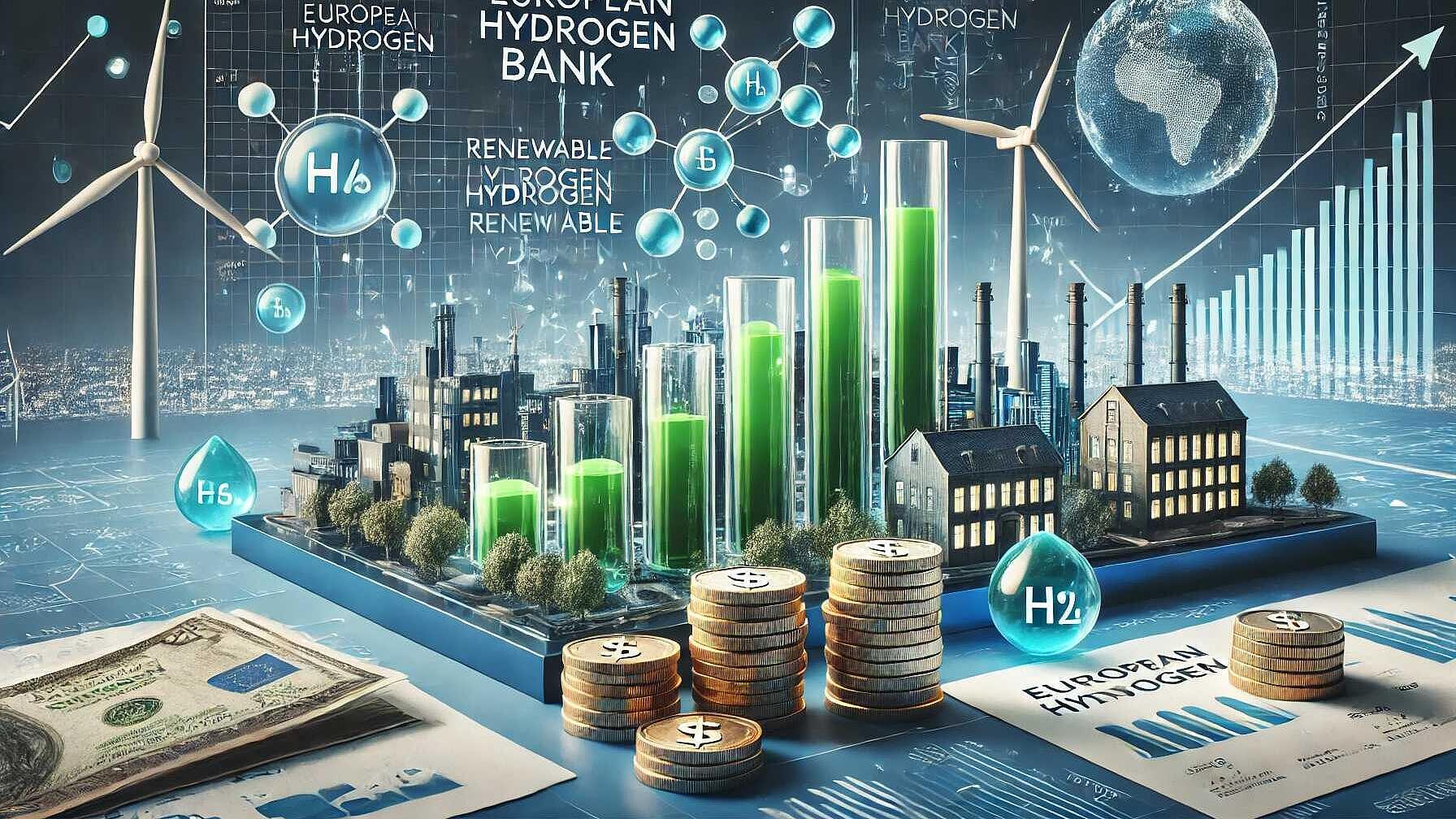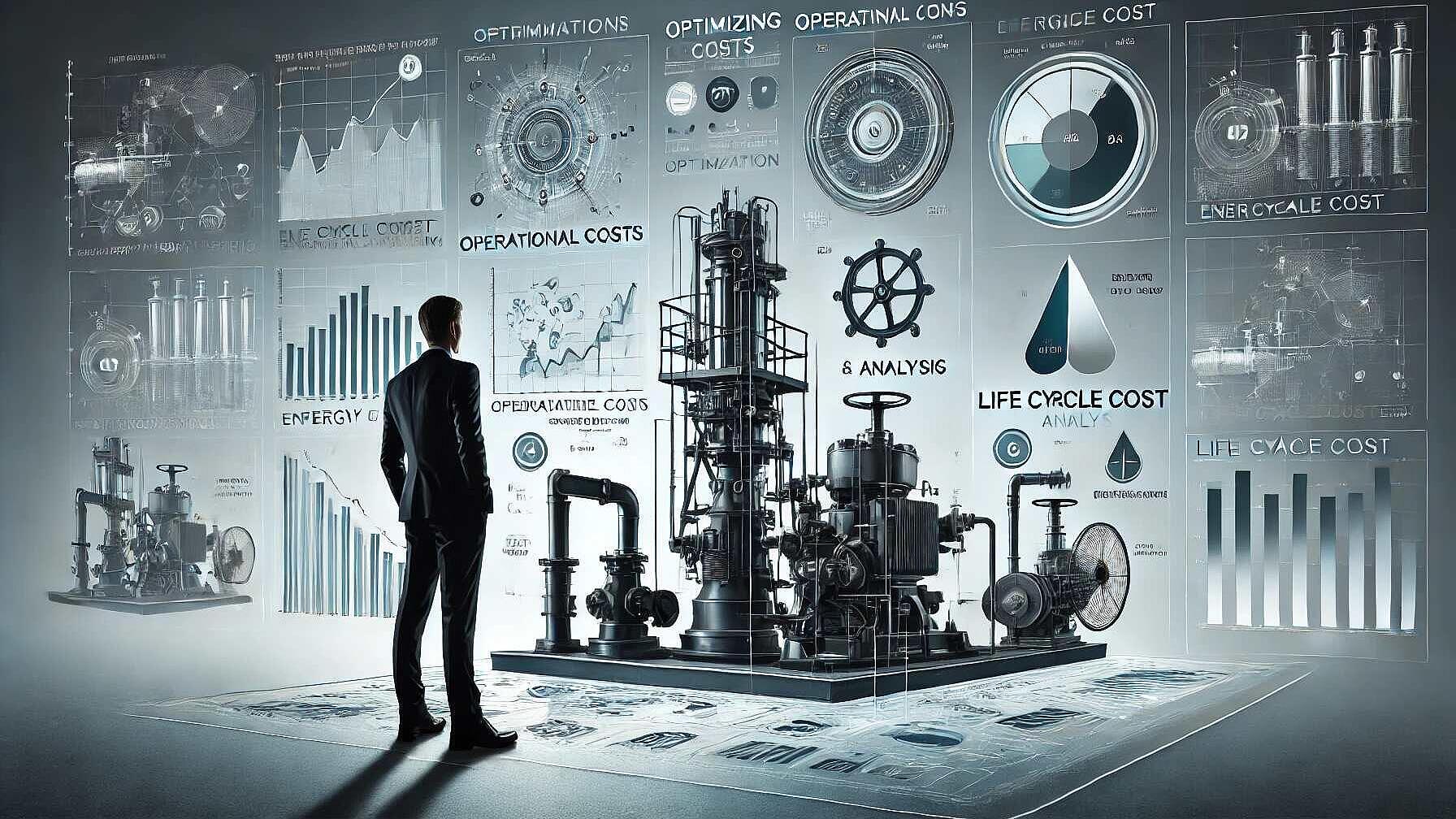 Finance & Economics
Finance & EconomicsFinance & Economics
Industrial symbiosis (IS) involves collaboration among businesses to utilize each other’s wastes or byproducts, thereby reducing environmental impact and improving economic efficiency. Despite the recognition of IS’s environmental benefits, a structured understanding of its full business value is often lacking. The business value framework developed for IS identifies four key domains of benefits and sacrifices: cost implications, revenue growth and diversification, risk management and reduction, and the intangible benefits of soft values. Cost savings are evident in reduced procurement and logistics expenses through the use of secondary materials, but new cost challenges can arise from required infrastructure investments and compliance costs. Revenue opportunities emerge from selling byproducts and improved marketability due to eco-conscious practices, with regulatory incentives also providing financial attractiveness. IS strategies can reduce supply chain and market risks, although they may introduce dependencies and require quality control investments. Soft values encompass enhanced innovation, stakeholder relationships, brand reputation, and employee engagement. As global movements towards sustainability and circular economies advance, IS is gaining relevance, with technological and policy developments further facilitating its adoption. For businesses, taking a strategic approach that includes identifying synergy opportunities, forming partnerships, investing in technology, navigating regulatory landscapes, and communicating value propositions is essential for harnessing the competitive advantages offered by IS.
Read Full articleHow Global Energy Investment Transformed from 2019 to 2025
From 2019 to 2025, global energy investment shifted dramatically towards clean energy, with investments doubling and surpassing fossil fuels. Solar power, driven by cost declines and technological advances, became the largest investment segment. However, while investment in renewables aligned with climate goals, grid investments lagged, creating bottlenecks. Surprisingly, AI data centers increased demand for reliable baseload power, reviving interest in nuclear and gas. Distributed solar grew in emerging markets independently of policy, reshaping economic dynamics, yet clean energy deployment remained unequal globally.
Read Full articleUnlocking the Potential of Industrial Symbiosis: Strategies for Sustainable Project Development
The CORALIS guidelines address financing and risk mitigation for Industrial Symbiosis (IS) projects, offering a structured process to enhance stakeholder relationships, align with regulatory frameworks, and improve project implementation for sustainable industrial operations.
Read Full articleMore support being given to SMEs in Europe to become more energy efficient
The European Investment Bank Group, with European Commission support, will provide €17.5 billion in financing for over 350,000 European SMEs to enhance energy efficiency, nearly doubling current aid, aiming for a total investment of over €65 billion by 2027.
Read Full articleBoosting the Hydrogen Revolution: The Role of a European Hydrogen Bank
The EU aims to produce and import 20 million tonnes of renewable hydrogen by 2030 to achieve climate targets. The European Hydrogen Bank, integral to REPowerEU, supports this via subsidies and market integration. Investments in hydrogen technologies foster innovation, job creation, and international cooperation, enhancing energy security and global leadership in clean energy transitions.
Read Full articleUnlocking the Value of Industrial Symbiosis: A Comprehensive Guide to Pricing and Business Value
The article outlines approaches and a framework for pricing in industrial symbiosis, stressing fair and sustainable mechanisms, considering costs, earnings, risks, and value beyond economics for successful circular economies.
Read Full articleIndustrial Symbiosis: A Transformative Approach for Sustainable Industry
The CORALIS report on industrial symbiosis (IS) highlights its benefits, like reducing CO2 emissions and waste through cross-sector collaboration. Successful cases and digital platforms facilitate IS, but adoption challenges persist. Future IS policies could further sustainability and create jobs in new industries.
Read Full articleRevitalizing Europe's Industrial Future: The European Commission's Strategic Vision for 2024-2029
The European Commission's strategy for 2024-2029 aims to revitalize Europe's industrial sector, address economic challenges, promote sustainability, advance technological sovereignty, ensure social fairness, and strengthen global partnerships for a resilient, prosperous EU future.
Read Full articleThe Strategic Landscape of AI Infrastructure Financing: Microsoft, BlackRock, and Global Initiatives
The Global AI Infrastructure Investment Partnership, with $30 billion from Microsoft, BlackRock, and others, aims to build AI data centers and related energy infrastructure, addressing the high energy demands of AI. Other initiatives like Google's AI Opportunity Fund and IndiaAI Mission support AI infrastructure development, focusing on sustainability and international cooperation to ensure global economic and technological advancement.
Read Full articleRevolutionizing Pump Systems: The Power of Life Cycle Cost Analysis
Pumping systems represent significant energy and cost usage in industrial operations. Implementing thorough Life Cycle Cost (LCC) analysis can yield major savings by encompassing all ownership costs from initial purchase to decommissioning. Proper design, avoiding oversizing, and maintenance are crucial strategies.
Read Full article








